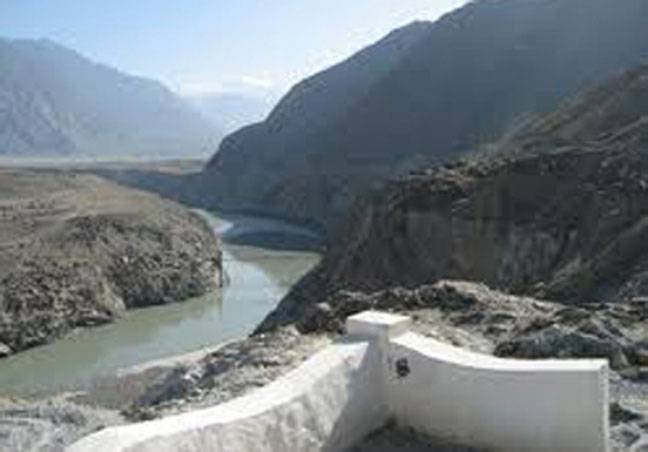LAHORE - The construction of Kalabagh dam is indispensable for food security of the country, says a former banker and economist.
While talking to The Nation, Muhammad Sharif Chaudhry said that in case the relevant authorities paid no heed to the need for this project, Pakistan may have to face food shortages in future as vast areas of lands would remain un-irrigated, as a result of which agricultural production would go down. He said since the population was going up very rapidly there was an urgent need for an increase in agricultural production.
Chaudhry, who is also a central leader of the Pakistan Awami Tehreek (PAT), said the KBD had been politicised by various governments, which was a great disservice to the country. He called for immediate steps for the construction of this project. He said that in order to achieve long-term economic stability without returning to a ‘begging bowl’, the government must tackle the foremost issues of general public regarding high food prices coupled with a range of other basic necessities to evolve a supportive social structure.
The former banker and economist said Pakistan had been facing many challenges since 1970s and credit must be given to them who carved out strategies to overcome these challenges. The main objective was to reduce the role of middleman through policy reforms and also to curtail the high logistics costs which caused the price to go up.
"It was the late Jamil Nishtar who took a bold initiative and launched a novel scheme of Supervised Rural Credit Programme for the Farming Community from NBP because commercial banks play a key role in the economic development of the country. He had further institutionalised our agrarian economy by establishing a field-arm of the federal government commonly known as PASSCO which attracted the immediate attention of the regional and global organisations to carry out the macro studies on the operational activities of this new organization,” he said.
He said, “Late Nishtar, in his capacity as chairman of the then ADBP, introduced another innovative idea of holding “Sunday and Friday Bazaars” with assistance of all the requisite facilities from Islamabad which expanded in whole of the country for price stabilisation of essential goods and services. He was the one who had advised Gen Ziaul Haq to amend Pakistan’s import policy for import of computers in place of unnecessary luxurious items. This approach should be followed in letter and spirit to save the precious foreign exchange of the country. The current challenge of “shrinking rate” of home remittances can be easily met through gearing up the services of local commercial banks instead of teaming up with international banks at an exorbitant cost.”
In his opinion some serious concerns of the country's business community regarding foreign trade are genuine. He suggested that corporate Tax being charged at the rate of 35 percent should be reduced to 22 percent to make our exports competitive at the global level. Import duty also needs to be made realistic, he said. "For the purposes of eradication of corruption and bureaucratic influence from the system, rapid digital technology development, optimum utilisation of natural resources and human resources must be given a serious thought,” he said.
Chaudhry said that in June 1992, the parliament had passed an Act for “Economic Reforms” whereby individuals were allowed to open their foreign currency accounts in commercial banks with a specific provision that sources of income shall not be questioned. “It not only ruined our social and ethical values but opened-up floodgates for money-laundering,” he said. He said that it was General Pervez Musharraf who had raised the issue of the plundered national wealth of the developing countries in a session of the United Nations and stressed the need for the recovery of such stolen assets. "Now, Stolen Asset Recovery Programme is already under implementation all over the world. The Federal Board of Revenue chairman has informed the general public that some information will start coming to Pakistan with effect from December 31, 2017,” he said.






